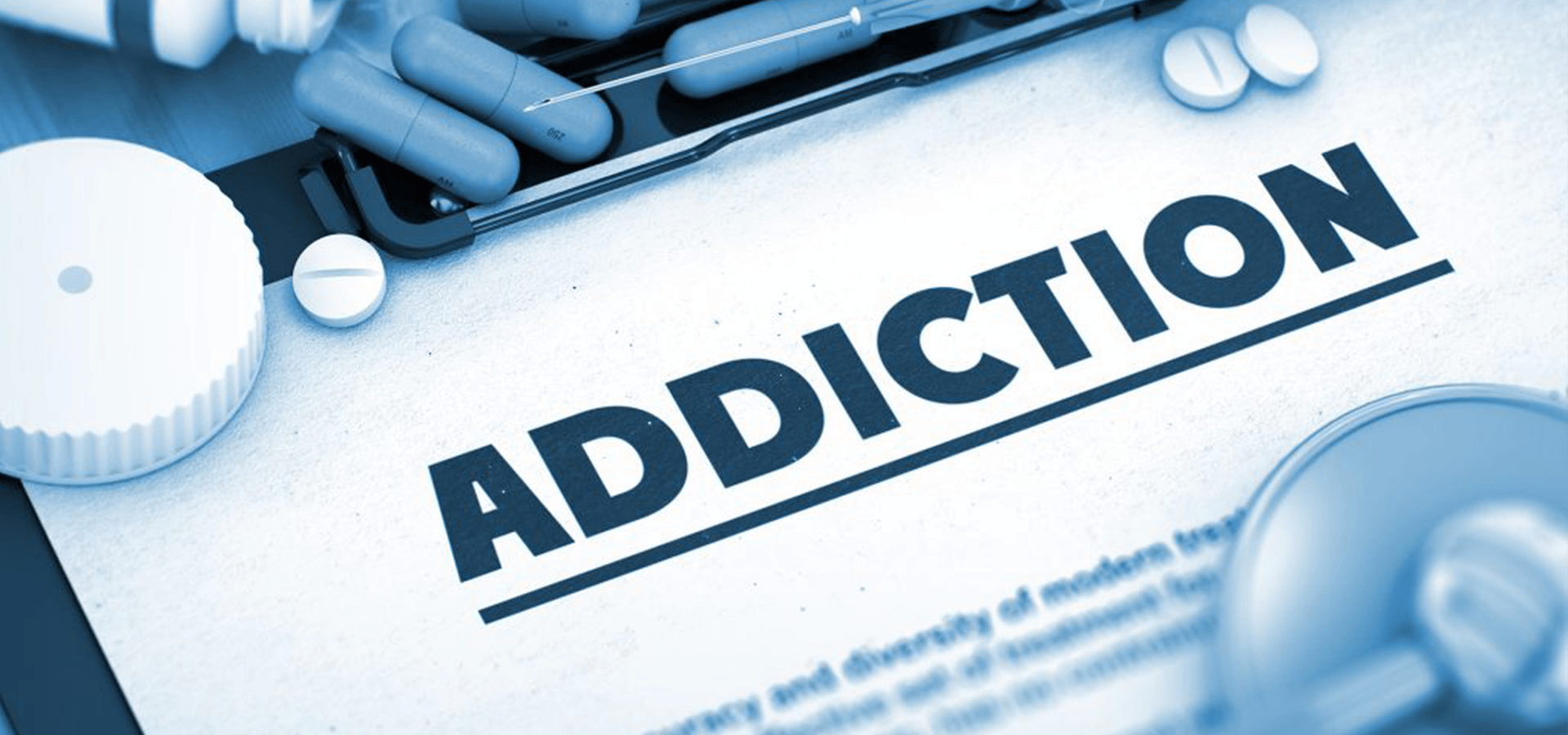Is addiction a disease or a choice?
Everyone has an opinion: is addiction a disease or a choice? Many people will argue that addiction is a string of bad choices, some will shame you for comparing addiction to a “real disease” such as cancer, and a few will ask “why can’t they just stop?” On the other side of the argument are those who believe that addiction is a disease of the mind, body and spirit that can be treated with 12 Step programs. The National Institute on Drug Abuse categorizes addiction as a complex, relapsing disease, and quitting usually takes more than just “good intentions” or a strong will. Drug abuse hijacks the brain in ways that make quitting hard, even for those who truly want to. Drug and alcohol use may start out as a choice but becoming addicted is not. Once you are addicted physically and mentally to drugs or alcohol, that is when we begin to see the patterns and behaviors that society has deemed as “morally unjust.” You may choose to try smoking pot or drinking a beer with friends, you may even up the ante and experiment with cocaine or pills. For some, doing it once or twice and never thinking about it again is simple, but others will become addicted to the high and chase it for years. While the initial decision to experiment was a choice, the disease, that effects some and not others, was not a choice. So, that leaves us with the question that nobody really knows the answer to, what makes these people different?
Why Are Some People Addicted, While Others Aren't?
Some people who become addicts were born this way, with the “addiction gene” hiding in their genetic makeup. For these people, they may have realized they had qualities of an addicted person long before the drug or alcohol abuse began. They may also have parents or grandparents that were addicts, that just passed the gene down to them. For others it is nature and nurture that ultimately pointed them into the depths of addiction. It could be trauma or low self-esteem, a problem with their mind and how they view themselves. The truth is, nobody really knows why some of us are alcoholics or addicts, and some of us can drink or use without consequence. I like to think that we don’t just become addicts, that we, whether genetically or due to our upbringing, are using the coping skills we can to deal with life. I like to believe that if drugs and alcohol never came into the picture, then there would probably be some other (negative) coping skill that you used- such as food, gambling, shopping or even romantic relationships.
Drugs are a symptom of the disease, that is something you will likely learn if you ever attend an NA or AA meeting- but then what is the disease if it is not just us being drug addicts or alcoholics? Is the disease us? In some ways, yes, we/us/you/me are the disease, or at least a really big part of the disease. Alongside the “us” is everything else about us like where we are from, how many siblings we have, what parenting styles we grew up with, and what belief’s we have about ourselves. These things all play into our disease, which cause us to seek out coping skills to make us feel better, because that is all most addicts and alcoholics want- to feel better. Maybe you tried something like running or drawing, and that just did not fill the void. Maybe for a while you were binge shopping and that helped ease your pain. Maybe you drank your first beer and knew “this is it,” but maybe you didn’t. Maybe it wasn’t until many years later when your friend offered you a Xanax that you decided that this would be a pretty good coping skill, and it felt really good to use.
Getting Help With Addiction
Addiction is different for everyone who struggles with it, it is a chronic relapsing disorder that needs to be taken care of daily in order to stay well. It isn’t a moral failing, and it is definitely not something people choose to live with. I doubt that anyone wakes up and says, “I want to become a heroin addict, that sounds like a lot of fun.” However, this is thousands of people’s reality, they are addicted, and they cannot stop without the proper treatment, which is the tricky part. Since everyone has different experiences and genetics that could play into their addiction, there is no one way to treat all of these people. At Blueprint Recovery Center, we do not apply cookie cutter treatment techniques, each patient gets their own treatment plan based on their strengths and needs. We use a multidisciplinary approach that focuses on each person as a whole. We look to treat the mind, body, and spirit, along with family issues, social relationships, educational issues, and mental health issues. Many of us know some healthy coping skills, we may have even tried to use these “healthy” coping skills to no avail. You wouldn’t hammer a screw with a nail, and sometimes that is what we are doing when we try to use new coping skills. Our clinical staff will teach you how to properly use the coping skills and tools and find what works best for you.







